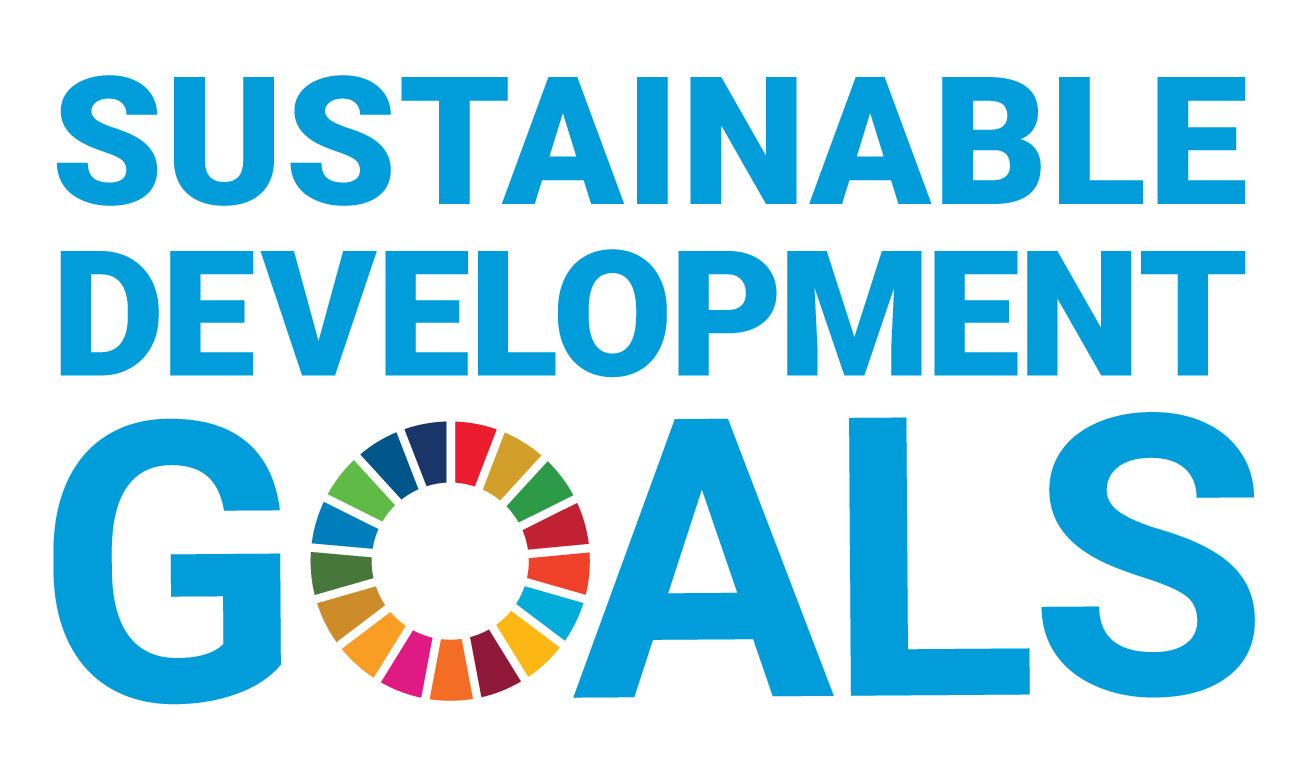
Please email the following information to librarysupport.research@avondale.edu.au:
Publisher-Compliant Version of Your Work
Attach the Version of Record (VoR) or the Author Accepted Manuscript (AAM) in line with publisher policies.
Field of Research (FoR) Code(s)
Provide up to three 4-digit FoR codes (2020 version) that best describe your research.
Include the FoE code that most accurately reflects the educational focus of your research.
Abstract
Submit a concise abstract outlining the key themes of your work. This helps users discover and engage with your research.
Keywords
Provide relevant keywords to improve the visibility and searchability of your work in the repository.
Evidence of Peer Review (if applicable)
If your publication has undergone peer review, include appropriate evidence.
Indicate any copyright or licensing information, including embargoes or Creative Commons licences if applicable.
For assistance, please email librarysupport.research@avondale.edu.au
The library can provide additional support with metadata and keyword strategies. To book a session, please visit the BookNow page. For guidance on crafting impactful titles and abstracts, please contact Research Services, who offer specialised expertise in these areas.
Sharing your research on academic networks, social media, and other platforms can significantly increase its reach and engagement. By actively promoting your work, you can reach audiences beyond traditional academic circles.
For guidance, book a consultation with a librarian.
ORCID: a unique identifier linking all your research outputs under one profile, making it easier for others to find and cite your work.
For assistance in setting up or managing your author identifiers, please book a session with a librarian.

The United Nations Sustainable Development Goals (UN SDGs) are a powerful global call to action for all countries to promote prosperity while safeguarding our planet.
Incorporating Sustainable Development Goals (SDG) keywords in your research publications is a great way to boost your work’s visibility and discoverability.
Explore comprehensive sources for SDG keywords:
Harness the power of SDG keywords and strengthen the global impact of your research.
Various free tools can help you monitor and measure your research metrics.
Citation-based metrics are widely used as quantitative measurements to track the impact of research outputs. However there are considerations that need to be taken into account:
Using metrics responsibly involves understanding and applying their limitations in a balanced and contextual manner. Here are some key guidelines:
Avondale University acknowledges our Sovereign God as Creator and Provider of all things. We respectfully acknowledge the Awabakal and Darramuragal people as the traditional custodians of the lands on which we live, work, study and worship across our Lake Macquarie and Sydney campuses. We pay our respects to Elders past, present and emerging, and extend that respect to all First Nations People.
Avondale University is a member of the worldwide Seventh-day Adventist system of universities and colleges.
CRICOS Provider No.: 02731D. RTO: 91191. TEQSA: PRV12015. ABN: 53 108 186 401.
© Avondale University Ltd 2025